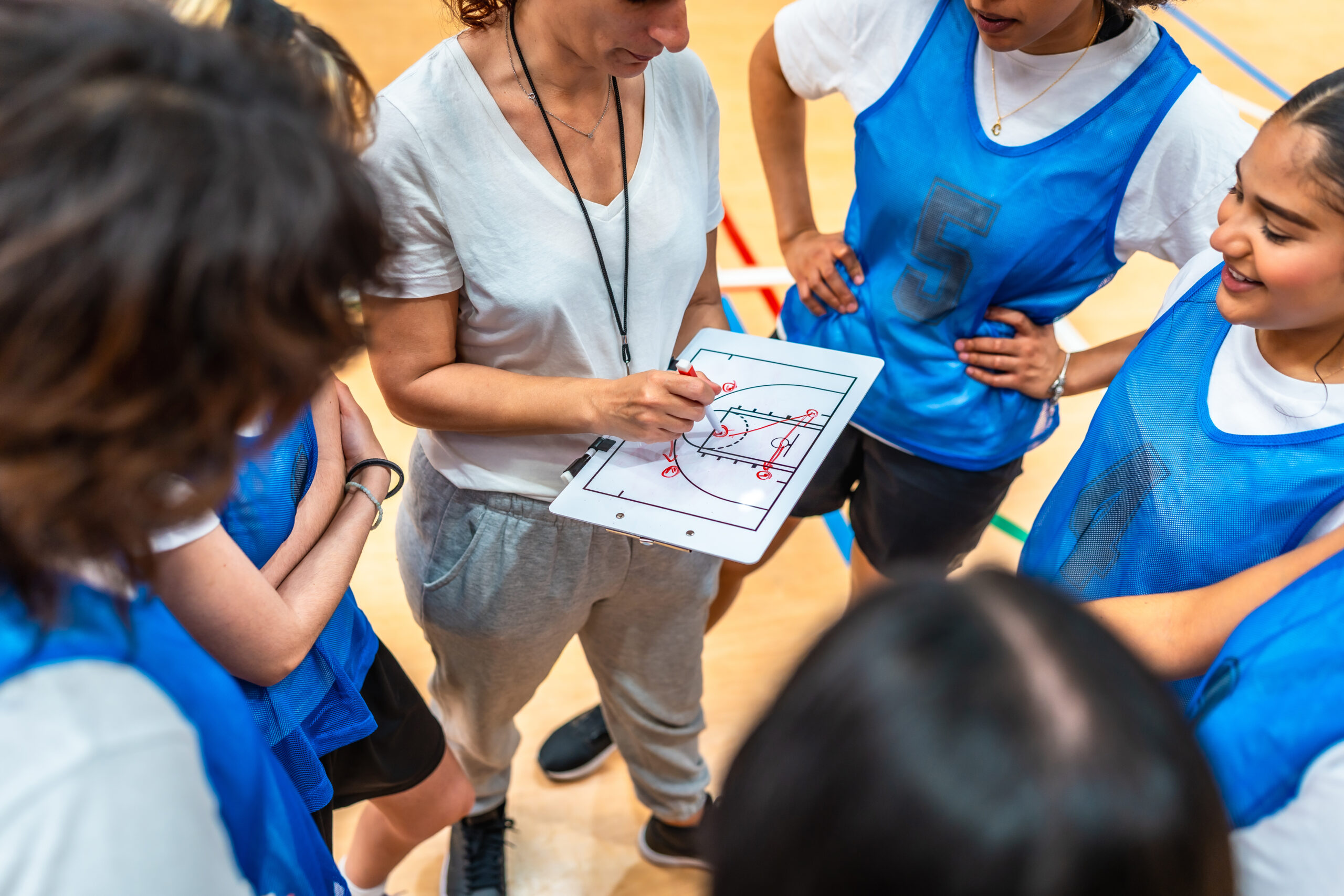Quick Highlights:
-
Study habits for athletes – balance sports and academics
-
Time management for student-athletes – stay organized during busy seasons
-
Pomodoro study method – short bursts for better focus
-
Tutoring for athletes – support that fits practice schedules
-
Parent support tips – simple ways to help student-athletes succeed
Why Study Habits for Athletes Matter
Student-athletes juggle demanding schedules filled with practices, games, and schoolwork. Without the right strategies, academics can easily slip. In this post, we’ll share practical study habits for athletes that make school manageable—even when sports are in full swing.
Academic Strategies That Fit a Sports Schedule
1. Plan Around Practice
Time management is everything for student-athletes. Use a weekly planner or calendar to block out practice and game times first, then schedule study sessions around them. Treat schoolwork like a non-negotiable appointment, just like practice.
2. Use the Pomodoro Study Method
After a long practice, it’s tough to sit down for hours of studying. That’s where the Pomodoro technique comes in—study for 25 minutes, then take a 5-minute break. Short bursts help athletes stay focused without feeling drained.
3. Study on the Move
Athletes spend a lot of time traveling to games or tournaments. Use that time wisely: listen to study podcasts, review flashcards, or use educational apps. Even 10–15 minutes of review while commuting can add up.
4. Schedule Weekly Tutoring
A consistent tutoring session—even just once a week—helps athletes stay on top of assignments and build accountability. Online tutoring makes this easy, since students can log in from anywhere and fit sessions around their sports schedule.
5. Parents: Support the Routine
Parents can play a big role by helping teens stay organized. Encourage consistent routines, provide quiet study spaces, and check in on assignments. Supporting structure at home makes it easier for athletes to balance sports and academics.
Mindset Support for Student-Athletes
Athletes already understand routine, discipline, and setting goals. But it’s easy to forget that their brain needs recovery too.
To build lasting study habits for athletes, make sure your student:
- Sleeps consistently: Recovery improves focus, mood, and memory—just like muscle growth.
- Sets weekly academic goals: These should be achievable and visible, like improving a quiz grade or completing a reading log.
- Celebrates small wins: Finished a paper on time? That’s worth a high five.
This balanced approach builds both confidence and resilience.
Parent Tips to Support Student-Athletes
Support doesn’t have to be complicated or time-consuming. Here’s how parents can help make study time part of the routine:
- Help map out weekly calendars with practices and study time blocked in
- Set up a “quiet zone” for short work sessions after dinner or before practice
- Check in weekly with open-ended questions (e.g., “What’s going well in school right now?”)
If your student is still struggling, it may not be about effort—it may be about capacity. That’s when outside support makes a big difference.
Tutoring That Works With Your Schedule
At Engaged Minds Academy, we specialize in helping busy students succeed—especially those with full sports schedules.
Our tutoring options are flexible, targeted, and designed to build real study skills that last well beyond the season.
FAQ: Study Habits for Athletes
What are the best study habits for student-athletes?
Time-blocking, using the Pomodoro method, and reviewing material on the go are some of the most effective strategies.
How can a student-athlete manage time better during sports season?
Prioritize tasks with a planner, schedule schoolwork around practices, and keep study sessions short but consistent.
Should student-athletes get tutoring even if they aren’t struggling?
Yes. Tutoring provides accountability, keeps grades steady, and helps students stay prepared during busy seasons.
What if my teen is too tired to study after practice?
Use short, focused sessions instead of long ones. Even 15–20 minutes of review before bed can make a difference.
Can Engaged Minds Academy provide tutoring that works with busy athletic schedules?
Absolutely. Our online tutoring is flexible, making it easy to fit sessions into evenings, weekends, or travel days. Learn more here.
Why are strong study habits important for athletes during the school year?
Because athletes juggle packed schedules, effective study habits help them stay consistent with academics even during the busiest seasons.
Recap
Strong academics don’t have to suffer just because sports are back. With the right study habits for athletes, students can balance sports and school, stay organized, reduce stress, and keep their grades steady all season long.. At Engaged Minds Academy, our online tutoring is flexible and built for busy schedules—so athletes can succeed both on the field and in the classroom.
TL;DR: Study Habits for Athletes
-
Plan around practice – use time-blocking to fit in schoolwork
-
Pomodoro study method – short bursts improve focus
-
Study on the move – use flashcards or apps while traveling
-
Weekly tutoring sessions – consistent support prevents falling behind
-
Parent support – help with routines and check-ins

About The Author
Dominique Benson is an educator, curriculum designer, and the founder of Engaged Minds Academy—an online tutoring company serving students nationwide. She’s spent over a decade helping students master subjects like algebra, biology, writing, and SAT prep, with a focus on real-world skills and personalized support. Dominique writes all blog content for EMA to help families make confident, informed decisions about their child’s academic success.
📌 Learn more about Dominique here.
📧 Questions? Reach out at hello@engagedmindsacademy.com
📱 Follow EMA on Instagram: @engagedmindsacademy





